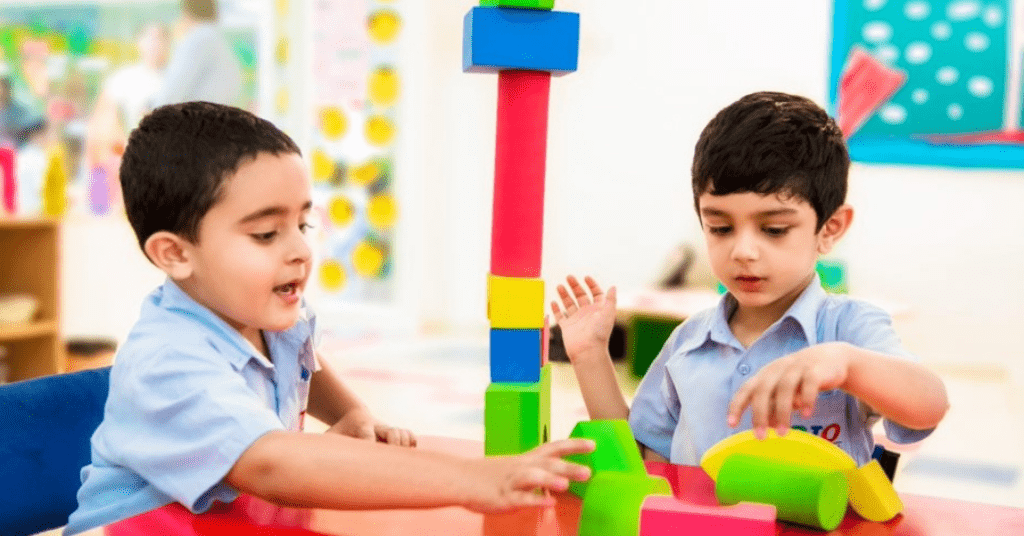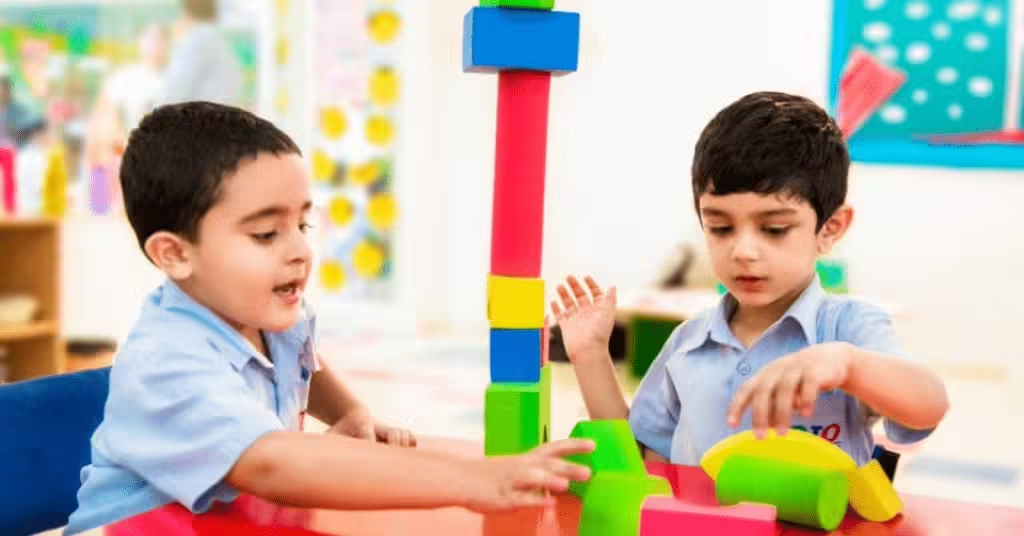Education is a vital component of human development, and it’s never too early to start learning. From infancy to formal schooling, education can take many different forms and occur in a variety of settings. In this blog post, we will explore when education starts for kids, with examples from around the world, and some interesting facts.
- Infancy: In many countries, parents begin teaching their children from the earliest days of life. In Japan, for example, parents use flashcards with images and words to teach infants basic vocabulary. Similarly, in China, parents may use finger counting and simple songs to teach babies numbers and counting skills.
- Preschool: Preschool education is the first formal education experience for many children. In the United States, about 42% of 3-year-olds and 68% of 4-year-olds attend preschool, according to the National Center for Education Statistics. In Finland, all children are entitled to a free, play-based preschool education from the age of 6 months until they start primary school at age 7.
- Kindergarten: Kindergarten is the first year of formal primary education in many countries, including the United States, Canada, and Germany. In South Korea, kindergarten education is not mandatory, but about 90% of children attend. In France, children can start kindergarten at age 2, but it is not mandatory until age 3.
- Homeschooling: Homeschooling is an alternative form of education that has become increasingly popular in recent years. In the United States, the number of homeschooled children has more than doubled since 1999, with an estimated 1.7 million homeschooled students in 2020. In Germany, homeschooling is illegal, and parents can face fines or even imprisonment if they attempt to educate their children at home.

Education is a fundamental human right, and access to quality education is essential for individual and societal development. In many countries, efforts are being made to expand access to early childhood education and improve the quality of education for all children. For example, the United Nations’ Sustainable Development Goal 4 aims to ensure inclusive and equitable quality education for all by 2030.
In conclusion, education can start at any age, and there are many different forms of education available to children around the world. From early learning activities with parents to formal preschool and kindergarten programs, education provides a foundation for lifelong learning and development.

